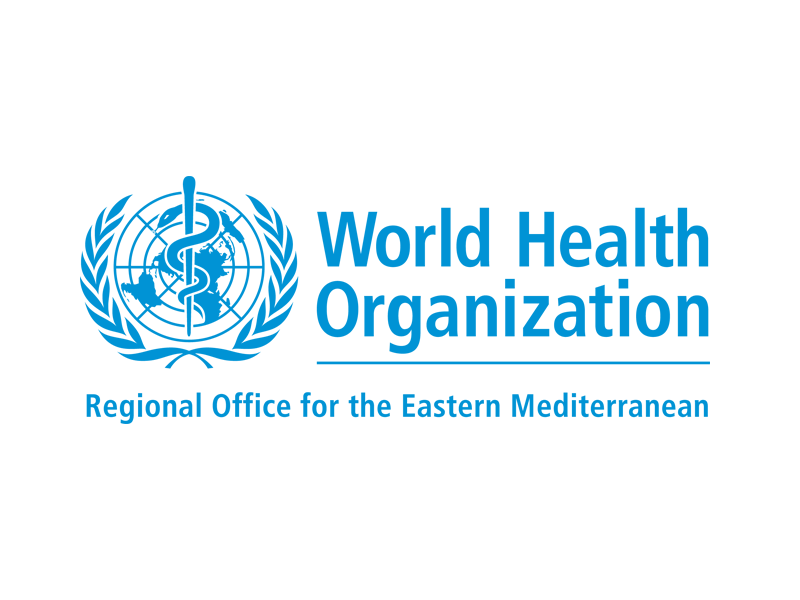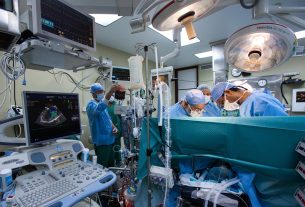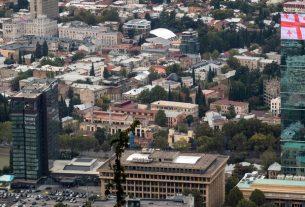Geneva, Switzerland – At a high-level pledging event held on Tuesday during the 78th World Health Assembly in Geneva, global leaders committed at least an additional US$170 million to the World Health Organization (WHO). This significant contribution, directed to WHO’s Investment Round (IR), comes at a time when rising global health challenges make robust multilateral cooperation more essential than ever. Earlier that day, Member States also approved an increase in Assessed Contributions by an additional US$90 million per year, marking an important milestone in WHO’s drive for sustainable financing.
The funds raised through the IR will support WHO’s global health strategy as outlined in its Fourteenth General Programme of Work—the plan estimated to save up to 40 million lives over the next four years. The pledges, which reflect strong backing from both governments and philanthropic partners, underscore a collective commitment to enhancing global health security.
“I am grateful to every Member State and partner that has pledged towards the investment round. In a challenging climate for global health, these funds will help us to preserve and extend our life-saving work,” said Dr. Tedros Adhanom Ghebreyesus, WHO Director-General. “They show that multilateralism is alive and well.”
The event, moderated by Moazzam Malik, CEO of Save the Children UK, saw both long-standing allies and new contributors step forward. Pledges came from a diverse group of donors, including Angola, Cambodia, China (with a contribution to be confirmed), Gabon, Mongolia, Qatar, Sweden, Switzerland, and Tanzania. Philanthropic support was also robust, with contributions from the Children’s Investment Fund Foundation (CIFF), ELMA Philanthropies (in partnership with the WHO Foundation), Fondation Botnar, Laerdal Global Health (collaborating with the WHO Foundation), the Nippon Foundation, and the Novo Nordisk Foundation. Notably, CIFF announced an additional US$13 million, along with a commitment to further increase its funding.
The US$170 million raised is allocated to bolster WHO’s base budget for the period from 2025 to 2028. Importantly, eight of the donors provided flexible contributions—recognized as the most valuable form of funding—while four made their inaugural contributions, thereby broadening WHO’s donor base.
In addition to institutional support, WHO has extended its fundraising reach to individual donors. Through the One World Movement, nearly 8,000 people worldwide have registered as “Member Citizens,” contributing almost US$600,000 in donations, many on a monthly basis. This grassroots fundraising effort strongly reflects global solidarity and reinforces the belief that every contribution, no matter the size, makes a difference.
Speakers at the event stressed not only the urgent need for ongoing investment but also the strategic importance of flexible and diversified financing. Such support is critical to ensuring that WHO remains responsive, country-focused, and aligned with national health priorities—as the organization evolves into a leaner, more agile institution. The pledging event thus stands as a pivotal moment in WHO’s journey toward more sustainable funding.
Donor Contributions to the WHO Investment Round:
| Contributor | Additional Amount |
|---|---|
| Angola | US$8 million |
| Cambodia | US$400,000 |
| China | Contribution to be confirmed |
| Gabon | US$150,000 |
| Mongolia | US$100,000 |
| Qatar | US$6 million |
| Sweden | €12 million (approximately US$13.5 million) |
| Switzerland (Sw.fr.) | 33 million (approximately US$40 million) |
| Tanzania | US$500,000 (in addition to US$500,000 previously announced) |
| Children’s Investment Fund Foundation (CIFF) | US$13 million + commitment for further increases |
| ELMA Philanthropies | US$2 million |
| Fondation Botnar (Sw.fr.) | 8 million (approximately US$9.6 million) |
| Laerdal Global Health | US$12.5 million |
| Nippon Foundation, Mr. Sasakawa (Chairman) | US$9.2 million |
| Novo Nordisk Foundation | DKK 380 million (approximately US$57 million) |
Each of these contributions brings the global community one step closer to the shared vision of “One World for Health” and underscores the vital role of partnership in overcoming global health challenges.



